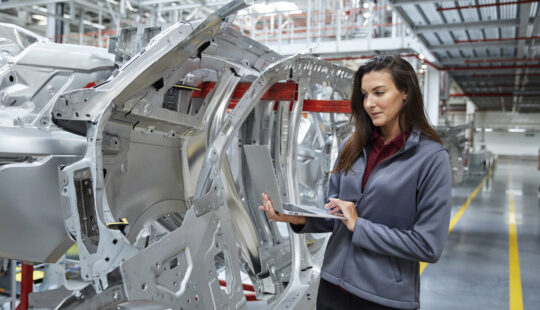When David Laity founded social enterprise Goodwill Wine almost a dozen years ago, giving back was already a huge part of his life, which had been upended by losses sustained in Australia’s Black Saturday bushfires. Laity applied the relief funds to create his social enterprise that now donates 50% of profits to each customer’s chosen charity.
As a long-time volunteer firefighter and public-spirited individual, launching a social enterprise made perfect sense, despite the challenges of getting started.
“Having been on the receiving end of help for the first time, I decided to do some good with the money that was given to me,” said Laity. “The initial pain you experience pays itself off tenfold once you get established. Most of the world’s problems are created by the relentless pursuit of profits. Strengthen that business focus with a charitable motivation, and you’re helping to create a better world.”
Located in Australia’s wine region near Melbourne, Goodwill Wine donates to over 300 charities throughout the country while generating profits from its wine sourcing and delivery services and online shop. Half of its workers have been either long-term unemployed or are living with a disability. Through customer donations, its charities serve a range of populations, from serving hot meals to Australians in poverty, to fighting animal cruelty, to providing firefighting gear for volunteer brigades
Procurement Spend for the Greater Good of Society
Goodwill Wine is one of over 400 social enterprises certified by Social Traders, an Australia-based organization that matches corporate and government buyers with suppliers qualified as social enterprises, meaning organizations that reinvest profits to tackle societal problems and help the environment. SAP Australia became a Goodwill Wine customer after hearing about the organization from Social Traders.
“Organizations have incredible clout when it comes to which suppliers they choose to do business with,” said Nicole Stevenson, procurement with purpose fellow at SAP ANZ. “In using our internal spend and evolving our supply chain, SAP can help strengthen the Australian economy by doing more business with local social enterprises to make important societal changes.”
Rallying businesses worldwide to spend more with social enterprises and diverse suppliers is central to SAP’s procurement with a purpose vision that’s also aligned with global UN sustainability goals. Following launches in the UK and Canada, SAP rolled out the program in Australia to tackle social inequalities and environmental imperatives through corporate spend in that country as well.
Sustainable, Diverse Business Marketplace
Social Traders’ marketplace of certified social enterprises spans food services and hospitality, facilities management, manufacturing, packaging, graphic design, IT, and more. Buyers have spent over a quarter of a billion Australian dollars with these suppliers during the past three years. Much more than your average business marketplace, Social Traders is intent on changing people’s lives in an economically sustainable way.
“Social enterprises are like any other business supplier looking for the opportunity to compete, except that they deliver social impact, giving back to the community,” said Mike McKinstry, CEO at Social Traders. “These are very entrepreneurial people and it’s a question of where they can fit into society to add value and generate economic results.”
Money Talks: Be Responsible for Your Spend
Stevenson advised organizations interested in social procurement to take responsibility for the power of their spend with thoughtful decision-making.
“Research every layer of your supply chain to see what steps your suppliers have taken to eliminate slave labor further down in the chain, boost the use of recyclable plastic and other materials, or eliminate the middleman so farmers can receive higher wages,” she said. “Take it step-by-step to explore where you could potentially transform your suppliers in the simplest way, including which ones could become social enterprises.”
Equally important is to set measurable goals and adjust them over time. For example, SAP has targeted 5% of its annual addressable procurement spend to social enterprises and 5% to diverse businesses by 2025.
Stevenson also suggested that companies engage both employees and customers in social enterprise initiatives. That’s one of the reasons SAP Australia selected a wine company to participate in its procurement with purpose program.
“Wine and other beverages are high-visibility products, positioning our social enterprise commitment front and center with employees and customers who visit us in Sydney,” she said. “When our office reopens, we’re looking forward to once again celebrating events in-person at our beautiful bar with wine.”
Creating Change in Australia
For community-minded entrepreneurs and businesses looking to get involved, Laity advised learning more about social enterprises and their impact.
“Talk to other social enterprises like us and certifying organizations, as well as companies such as SAP. After a slow start, we’re now profitable and growing significantly because we help charities,” he said. “Kudos to SAP for its commitment to such a revolutionary initiative that’s building community awareness and attracting other organizations. Social enterprise business is like a family where we all help each other.”
Follow me: @smgaler
This story originally appeared on SAP BrandVoice on Forbes.



